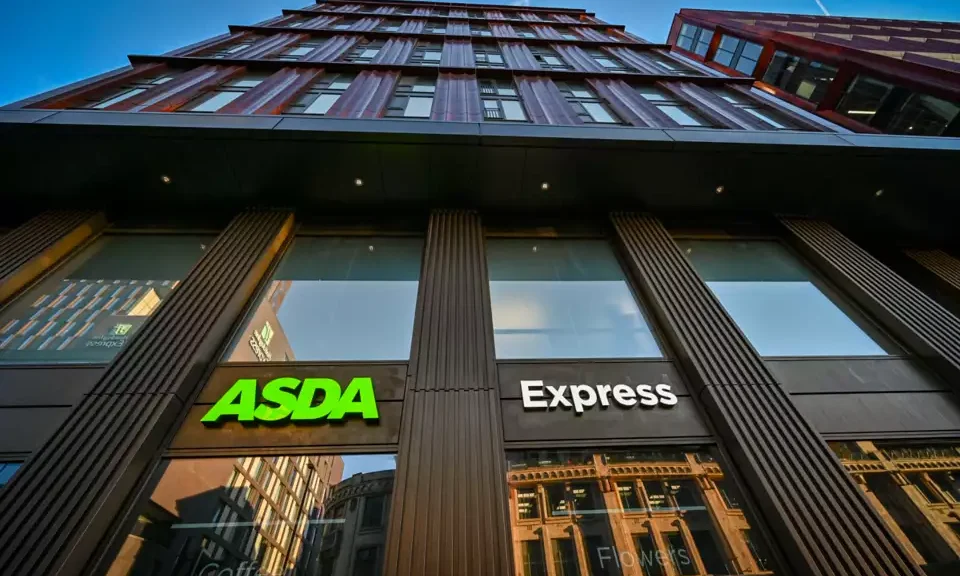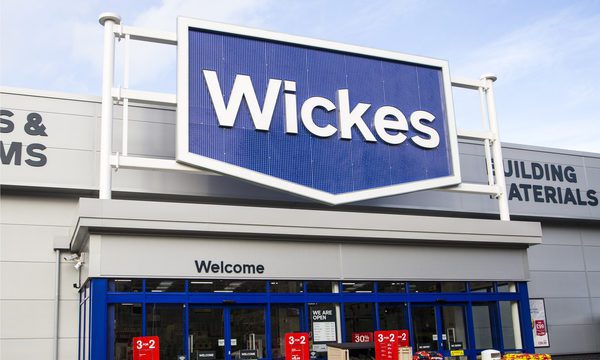Register to get 1 free article
Reveal the article below by registering for our email newsletter.
Want unlimited access? View Plans
Already have an account? Sign in
DFS has reported a loss before tax of £1.7m for the year ended 30 June due to “record” low market demand and Red Sea shipping disruption deferring sales and profits to future periods.
By June 2024, adjusted profit before tax stood at £10.5m, having fallen £20.1m year-on-year to below DFS’ start of year expectations.
It comes as revenues dropped by 9.3%, equivalent to £101.8m year-on-year, during the period.
The furniture retailer has also said that higher Bank of England rates have increased the cost of providing interest free credit.
However, the group maintains that its closing net bank debt sits at £168.4m, “comfortably” within its £250m facility.
In addition, DFS has secured a temporary widening of covenants this September, which will give it extra headroom in the unforeseen event of a “severe” market downside scenario.
So far, the group states that FY25 is trading in line with expectations so far, with order intake in year-on-year growth over the first 12 weeks.
While the group anticipates a gradual market recovery over the course of the year, the board remains “confident” in delivering its £1.4bn revenue and 8% profit before tax medium-term targets.
Tim Stacey, chief executive of DFS, said: “I want to sincerely thank all our colleagues for their enthusiasm and continued commitment to delivering a great service to our customers in what has been a very challenging period for the Group given the market conditions.
“Despite the challenges that the business has seen, we are optimistic for the future and see signs that market growth could soon return. We expect recent improvements in housing transaction data and strengthening consumer balance sheets to lead to increased upholstery market demand across the FY25 financial year.”
He added: “It is clear that the upholstery market has a long road to recovery given the 20% decline on pre-pandemic levels that we have seen. Despite the challenges we have faced, we remain confident that the business is well positioned to capitalise on market recovery.”



















